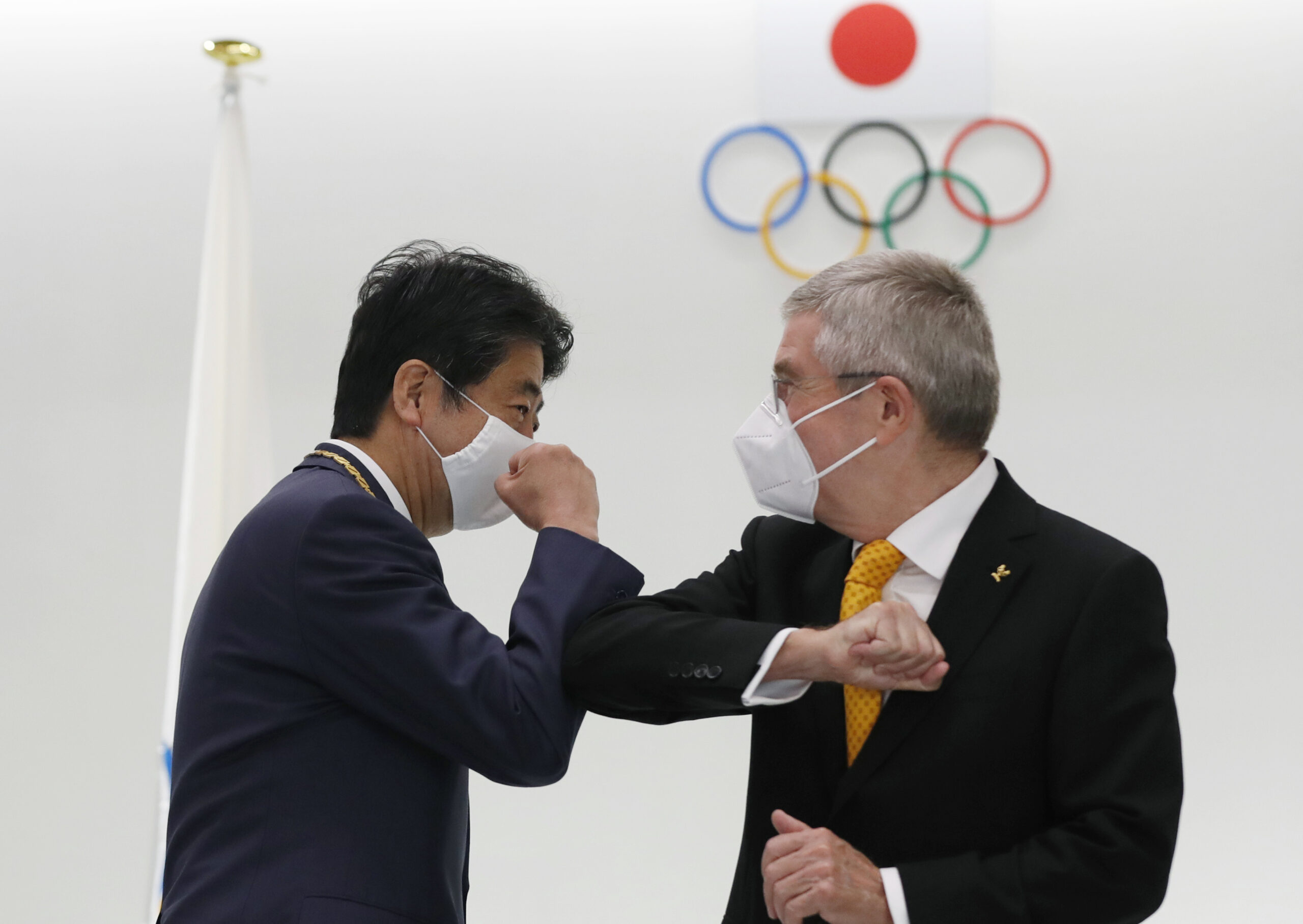
Whether you call it the worst-kept secret ahead of the rescheduled 2021 Tokyo Olympic Summer Games or the most drawn-out decision ahead of this summer’s event, it is official: There will be no foreign fans allowed.
The decision was announced Saturday after an online meeting of the International Olympic Committee, the Japanese government, the Tokyo government, the International Paralympic Committee and local organizers.
Tokyo 2020 last year revealed the designs for tickets that would be used at the Olympic and Paralympic Summer Games. Each ticket features a sport and venue pictogram as well as the Tokyo 2020 emblem. The Games were delayed until 2021 and now, foreign fans will not be allowed to attend.
Sponsored Content
“In order to give clarity to ticket holders living overseas and to enable them to adjust their travel plans at this stage, the parties on the Japanese side have come to the conclusion that they will not be able to enter into Japan at the time of the Olympic and Paralympic Games,” the Tokyo organizing committee said in a statement on Saturday.
Seiko Hashimoto, the president of the organizing committee, had promised a decision before the torch relay opens Thursday in Fukushima. The announcement was expected after “five-party” talks last week with the IOC, local organizers, the Japanese government, the Tokyo metropolitan government and the International Paralympic Committee.
“That spectators are not able to attend the Games from abroad — that is very disappointing and it’s regrettable,” she said. “It was an unavoidable decision.”
Japanese media have said for several weeks that a decision on the ban had already been reached, almost serving as a trial balloon to test national and international reaction. About 4.5 million tickets have been sold to Japan residents with 600,000 tickets sold to fans outside Japan.
“We know that this is a great sacrifice for everybody,” IOC president Thomas Bach said. “We have said from the very beginning of this pandemic that it will require sacrifices. But we have also said that the first principle is safety. I know that our Japanese partners and friends did not reach this conclusion lightly.”
Toshiro Muto, the chief executive officer of the Tokyo organizing committee, has said ticket holders from abroad would receive refunds but final decisions will be made by Authorized Ticket Resellers appointed by national Olympic committees to handle sales outside of Japan. These dealers charge fees of up to 20% above the ticket price. It is not clear if the fees will be refunded.
Muto also seemed to rule out fans entering from outside of Japan who may have received tickets from deep-pocketed sponsors.
“If they are part of the operation of the Games, if they are somewhat involved in the operation then there is still a possibility they may be able to enter into Japan,” Muto said. “But solely as spectators for watching games — no, they will not be allowed to make an entry.”
The decision to not have fans is not a massive blow for the IOC’s bank account; worldwide broadcast rights of the Games account for 73 percent of the IOC’s revenues. But for Japan’s economy, the decision to not have fans come in from abroad is a hammer blow; Tokyo’s organizing committee budgeted income of $800 million from ticket sales and any shortfall will have to be made up by Japanese government entities, which already have had to cover rising costs.
The official cost for the Games is $15.4 billion, though two government audits suggest it might be twice that much with the one-year delay in the Games costing a reported $2.8 billion. A recent Fortune article cited Katsuhiro Miyamoto, an honorary economics professor at Kansai University, saying Japan’s economy will suffer a $13 billion shortfall even if the stands are half-full.
The Olympics and Paralympics will involve 15,400 athletes from more than 200 nations. Tens of thousands of officials, judges, sponsors, media, VIPs and broadcasters will also be on hand, although whether that will be streamlined for incoming countries has not been officially announced given the hospitality venues that many national Olympic committees operate on site.
“Over the past year, we have witnessed event hosts in the U.S. and around the world forced to make similar, and very hard, decisions,” USOPC Chief Executive Officer Sarah Hirshland said. “The grief, frustration and disappointment being felt by all whose plans have been ruined is understandable. It is truly sad that the families, friends and fans from around the world, who help make the Games a global celebration, will not be able to attend. We can only try to imagine the weight of the responsibility felt by the hosts — along with the IOC and IPC — to offer the participants and the host community the safest possible environment, and we acknowledge that safety has to be the priority.”
While Japan has attributed about 8,700 deaths to COVID-19 and handled the virus better than most countries, polls about the Games’ viability this summer has shown widespread skepticism about hosting the event with up to 80% opposing the Games being held. The torch relay starting Thursday will feature 10,000 runners crisscrossing Japan to reach the opening ceremony on July 23. Organizers are asking crowds to stay away and are reserving the right to stop or reroute the relay.












 Copyright © 2025 by Northstar Travel Media LLC. All Rights Reserved. 301 Route 17 N, Suite 1150, Rutherford, NJ 07070 USA | Telephone: (201) 902-2000
Copyright © 2025 by Northstar Travel Media LLC. All Rights Reserved. 301 Route 17 N, Suite 1150, Rutherford, NJ 07070 USA | Telephone: (201) 902-2000